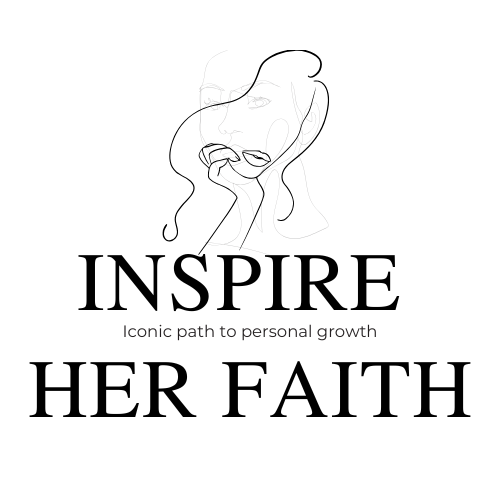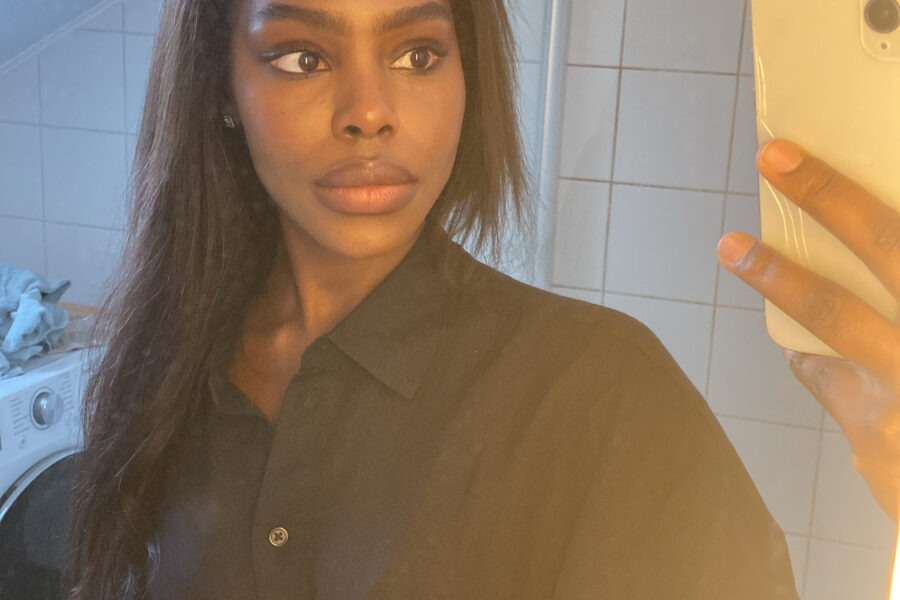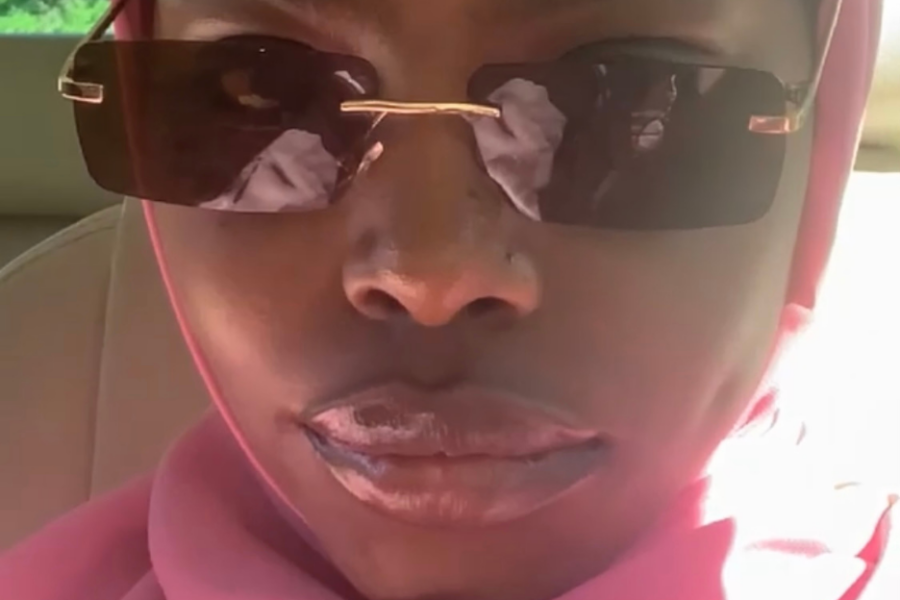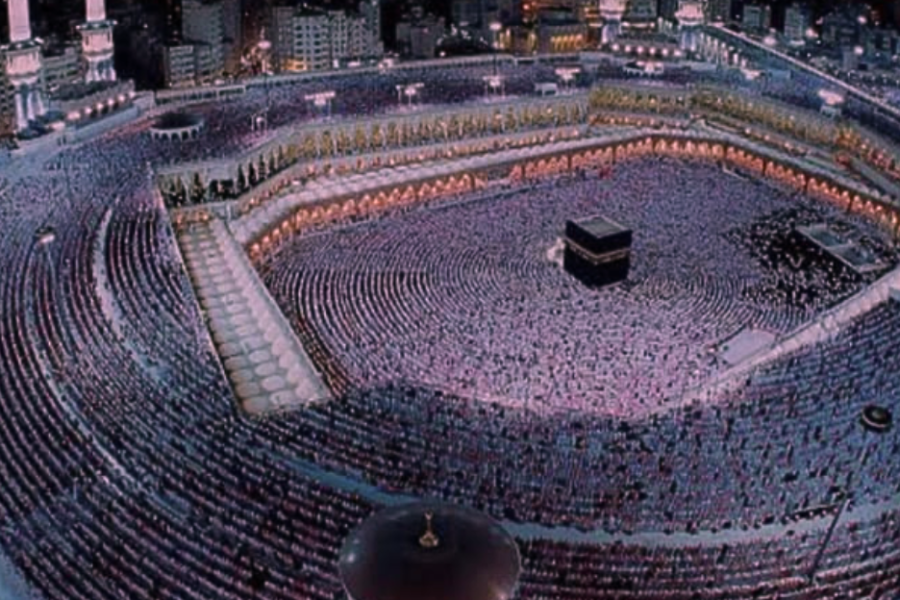I am a Muslim woman not wearing hijab. As a practicing Muslim woman who doesn’t wear the hijab, I’ve faced many questions and misconceptions about my faith. This is my story of navigating personal choices, cultural expectations, and religious practices.
My Personal Journey
I don’t wear the hijab, nor do I cover up in modest clothing like some of my fellow Muslim sisters. I am practicing and have fear and Iman in Allah (SWT). I wear the clothes that I feel comfortable in and that make me feel well. Abayas are still beautiful to me; I love the structures, designs, and colorful abayas from different souks or shops here in Oslo or around different stores outside of the country.
I use abayas every now and then when I am around my family. However, I do not wear it on a regular basis. If you saw me in the streets, you would not guess that I am a practicing Muslim girl. My personal journey with hijab stretches from the age 10 and up until now, in my mid-20s.
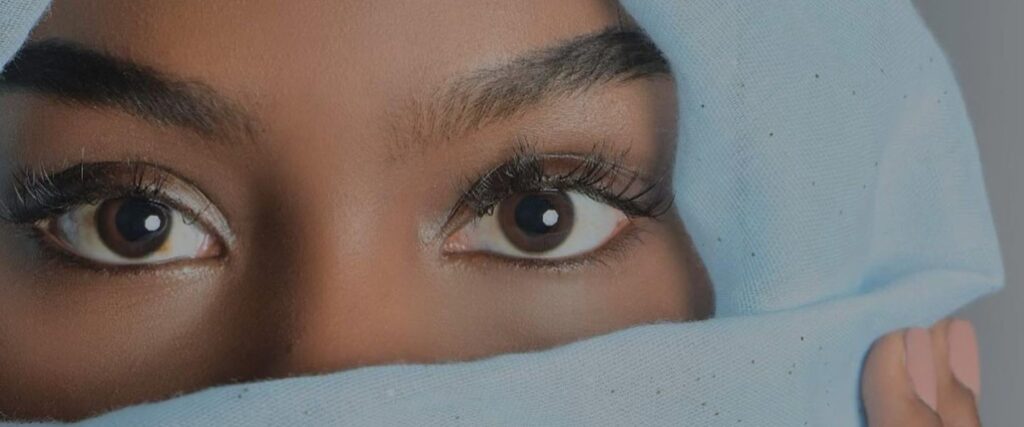
Early Struggles with Hijab
Anytime someone asks or it comes up, they are often a little bit surprised. They do not expect me to be all spiritual and practicing. When I enter a new relationship, I explain my religion to help them understand how I think, prioritize, and handle different situations.
I think it’s fair to let new people in my life understand these things. For example, I don’t eat pork, never have and never will. If the person I am with invites me out for dinner, they should not pick a place where pork is the only option, and it should preferably be halal or offer different variants of protein that I can eat. Just like people with allergies, I have to let my new friends know about aspects of me that reflect my beliefs.
Growing up Muslim in Norway, in a very small city, I was the only Muslim girl at my school. When I hit puberty and had to start covering up with hijab, I hated it. When my dad approached me with this expectation, I remember shaking. I did not want to wear hijab for many reasons. Here is a list:
- I was too attached to my hair.
- My mom styled my hair for me up until I was around 10-11.
- I hated how I looked with hijab in comparison to without.
- I did not have any Muslim friends.
- I was too shy to wear it.
Mind you, I did start to wear hijab, but I hated it. Instead of growing more hate towards it, I started to wear it in my own way, styling it like it was my own hair. I was not embarrassed or afraid of what the kids at school would think. I just personally did not like it; it was not for me.
The kids at school hardly noticed, and sometimes I would even take it off at school and only put it on during my walk to school from my house. I felt like I cracked a code when I realized that I could just do it this way. I only wore the hijab because my parents told me to, not because I understood why I had to wear it or had any knowledge about hijab.
Navigating Cultural Differences
At the time I had to start wearing hijab, I did not have the resources to research it on my own. I had no other sources besides my mother. She has worn hijab every day since she was a child and has never taken it off.
When I asked her why I had to wear hijab and what the benefits were, she gave me a vague reply: all Muslim girls had to wear hijab because Allah says so. This was not a satisfactory answer for little 10-11-year-old me, and I started to retaliate.
My dad and I got into many fights because of this issue. I stood my ground and, having no friends or seeing other kids around me wearing hijab, felt isolated. In Sudan, my homeland, all girls used to cover up. We even had uniforms where hijab was mandatory, but I thought it was just a uniform and liked it because everyone around me used it anyway.
Here’s the thing: You cannot force a garment on somebody surrounded by people who do not use it and expect the child to just politely listen without a change in their behavior. Those couple of years completely changed my life. I am not angry anymore but relieved that I stood my ground.
A Muslim identity in non Islamic country can be difficult to navigate whilst still facing criticism within the Muslim community. The cultural expectations of Muslim women are very high, to the point where it can drive away great practicing Muslim girls from the community.
We must avoid enabling discouragement because a sister might be very much practicing, and judged simultaneously. Which will ultimately leave you in a worse condition than what you initiated with. Let us be more understanding and willing to accept all, because we are facing difficulties each one of us.
Understanding Hijab: My Research and Reflections
Personally, I have always been opinionated, curious, and full of personality from the moment I was born. I do not obey easily and have a huge problem with authority or being pressured. I will walk away if I can or stand my ground, even if it means losing dear people in my life, like family members. I was not heard and never got a clear explanation of why I needed to wear hijab, nor was I given a knowledgeable and wise explanation.
If I told you that I just recently found out, would you be surprised? I do not believe Allah wanted to make this journey easy for me. It is indeed a test, and something only I can manage.
I know that I am capable of wearing it and feeling beautiful today because I have done it several times since I became an adult without feeling like I am somebody else. But remember, each time I have put it on since has been my own choice, nobody pressured me or just handed me a piece of fabric and told me to wear it. It does not work like that for me. Remember: I don’t like authority.
O Prophet! Tell thy wives and daughters, and the believing women, that they should cast their outer garments over their persons (when abroad): that is most convenient, that they should be known (as such) and not molested. And Allah is Oft-Forgiving, Most Merciful.
Qur’an 33:59
I live my life exactly how I want to, without noise from anyone telling me what I can or cannot do. I listen to my parents about my life choices only when they are reasonable and because they have more experience and knowledge than I do.
They raised me, and that alone makes me give them enormous respect. They were there for me, clothed me, fed me, and ensured I had a roof over my head. They made sure I went to school and educated me at home about important topics. They have taken care of me in all aspects from birth, so I can never be too angry with them. They do make me angry, but it never lasts for more than an hour or a day.
They are my everything. Without my parents, I would be nothing today. We have had our tough moments with years of disagreements and poor communication, but they will always be my parents, and they will always have space in my life. I love them more than anything in this world, but when it comes to how I dress, I prefer to have this control by myself.
The Role of Family and Community
Before I moved to Oslo, I made a couple of Somali girlfriends in elementary school. They both covered up and wore hijab. I loved how free they felt and how comfortable and liberated they both seemed. We were 13 and used to hang out a lot at school, but not so much after school. I loved being around them because they were the perfect vibe, and we got along so well.
Our culture was almost the same, but most importantly, we were all Muslims. I was the one not covered nor did I wear hijab. This time, I went to school with two girls who were Muslims, covering up and wearing their beautiful colorful hijabs, but I was still not motivated to put it on. Not once during the semesters did I want to add hijab to my shopping lists.
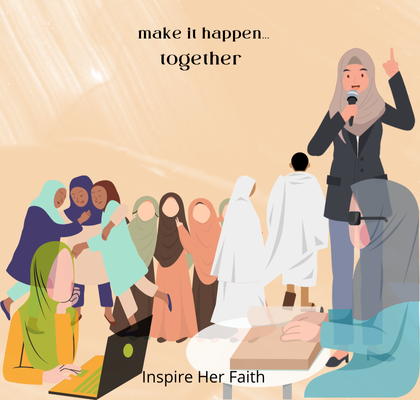
As an adult, I have come to understand that it is because of how hijab was initially presented to me by my folks. The presentation was really bad, and I grew up around girls who were Norwegians and never covered up. I did have a few Muslim Pakistani girlfriends from around 9 years old (we are still friends), but they did not cover up either.
Regardless, everyone I saw wearing the hijab was rocking it, including my beautiful mother. I guess I came to my senses that it just was not meant for me. I started asking questions like: “If hijab is mandatory in Islam for girls, why do I not like it on myself?” My mother used to tell me it is Satan influencing me, making me think it is not for me, but in fact, as soon as I put it on and get used to it, it will become easier.
I do not blame my parents for not giving me great answers to why I should wear hijab. They loved me and wanted me to be safe in the afterlife. They did not want me to be talked down to within the community. They wanted our family to be good Muslim members. My parents both wanted me and my siblings to be good practicing Muslim individuals obeying Allah’s commands.
I am not a parent myself, but if I were ever blessed with children, I would want this for them too. I would definitely try my everything to help them become good Muslim beings with great practices. Anytime my parents give me dawah (advice in Islam) without me having to ask them, my mom always says she does it because she cares about me and that it is her duty as my mother to give me this advice.
I can’t help but accept it and obey her. She is my mother, and she is right. It comes out of pure love. Think about it: There are so many children and orphans without guidance from parents in their life, so we who have been raised by our parents (both or just one) cannot take them for granted. They know what they are talking about (most of the time).
Religious practices and personal choice
Navigating the balance between religious practices and personal choice has been a significant aspect of my journey as a practicing Muslim woman. Growing up, the expectation to wear the hijab was imposed on me at a young age, leading to internal conflict and resistance.
While I deeply respect the hijab’s significance and the values it represents, my personal choice has always leaned towards wearing clothing that makes me feel comfortable and confident. This decision does not diminish my faith or my devotion to Allah (SWT); instead, it reflects my understanding of spirituality as a deeply personal and individual experience.
By openly communicating my religious practices and choices to those around me, I strive to bridge the gap between tradition and personal expression, fostering a more inclusive and understanding environment.
Moving Forward: My Relationship with Hijab Today
It wasn’t until I got married that I started to research these obligatory things that Allah (SWT) has prescribed for a Muslim girl that I truly understood the importance of hijab and why all the girls and women I was surrounded by seemed so confident.
Here is what I found out during my years of researching: Hijab is a symbol of modesty and translates to ‘covering up’ the Awrah, which includes specific parts of the body for both women and men. It symbolizes our faith and commitment to Allah (SWT).
Hijab is supposed to show that we are respectable women, that we hold high values, and that we are submitting ourselves to the All-Mighty Allah (SWT). Hijab is a protection from all the evil eyes in this world. People won’t easily hurt you or harm you because of the respect hijab holds. Women in hijab get seen as women with high value and moral, and therefore men respect these women and hold them up high.
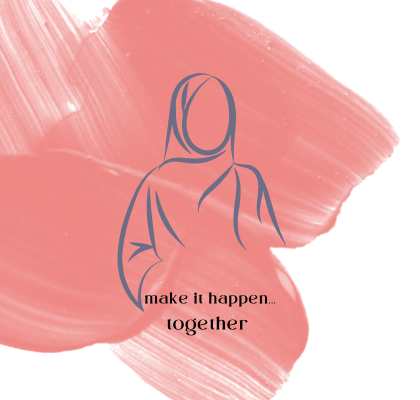
The hijab frees a woman from being thought of as an object of desire, protecting her dignity and honor. In addition, it protects the woman from being judged according to her looks rather than her intellect. This research helped me understand why the women in my life who wore the hijab felt liberated and confident. It wasn’t just a piece of fabric; it was a symbol of their faith, modesty, and respect.
Conclusion
My journey with hijab is ongoing and deeply personal. While I still struggle with wearing it daily, I am committed to finding my own path within my faith.
To all Muslim women, whether you wear the hijab or not, know that your journey is valid. Let’s support each other with compassion and understanding.
Source: brandeis
Suggested reading: From Anger to Peace? How Faith Transformed My Life and Helped Me Overcome Adversity!
